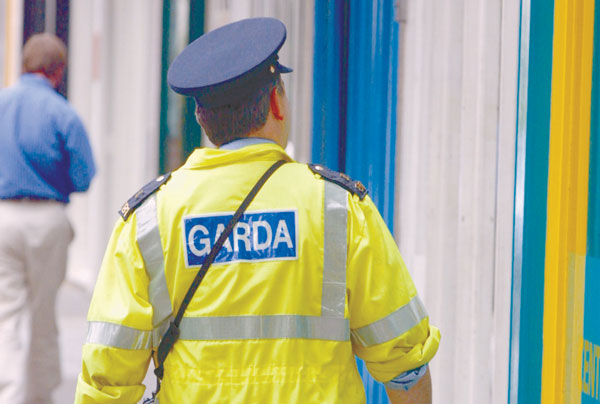Dozens of additional gardaí are to be assigned to stations in north and south central Dublin within two weeks according to Assistant Commissioner Angela Willis.
Willis, who is in charge of policing in Dublin, also said that Garda Commissioner Drew Harris had “promised” that the city would receive a continued flow of new recruits from the Garda College.
Speaking at the Dublin City Joint Policing Committee on Monday, Willis said a recently opened Garda station on O’Connell Street in the north inner city had “very, very little, if any, callers” after 10pm daily, and said she would prefer to see those gardai “out on the street.”
“I’d rather have those guards out on the street, rather than in an office that nobody actually visits later on into the night,” she said.
The efficiency of the garda station on O’Connell Street has been called into question since it opened earlier this year.
While Pascal Donohoe, Fine Gael TD for Dublin Central said that the station has had a “positive impact” on the area, his fellow constituency TD Gary Gannon of the Social Democrats said in June the station has “not made a noticeable difference to the physical policing presence in this part of Dublin city centre.”
The debate surrounding crime in Dublin has been brought to national attention following the assault of an American tourist on Store Street last week and the assault of a Ukrainian actor outside the Abbey Theatre in late June.
Willis said that on the night the American tourist was assaulted, there were 16 gardaí and three sergeants on duty in the area, implying that numbers alone would not stop crime in Dublin.
Speaking on Morning Ireland on Monday morning, Lord Mayor of Dublin Daithí de Róiste said “high visibility policing is needed” on the streets of Dublin.
“The perception of Dublin is that it is unsafe at the moment, that we do have a lot of antisocial behaviour on the streets,” he said.
The Irish Times report that assaults in Central Dublin were lower in the first quarter of this year compared to the same time period as 2019, but “low-level” anti-social behaviour is more difficult to log.
With garda numbers dropping since the Covid-19 pandemic, these incidents have a tendency to go unrecorded.
